When it comes to our everyday attire, we often use various terms to refer to what we wear. From the casual “clothes” to the more formal “apparel,” each word carries its own subtle connotations. Let’s delve into the world of fashion semantics and uncover the meanings behind these terms of clothing.
1. Clothing: The Universal Covering
What is the definition of clothing? “Clothing” is the umbrella term that encompasses everything we wear to protect, adorn, and express ourselves. It spans the spectrum from shirts, pants, dresses, coats, and shoes to hats and accessories like scarves and jewelry. Clothing serves practical purposes like providing insulation, protection from environmental elements, and covering of certain body parts for cultural or social reasons. Additionally, it plays a significant role in self-expression, reflecting personal style, cultural identity, and societal norms.
CRAZY SKELETON POLYESTER SKULL HOODIE COAT
For instance, a goth enthusiast might opt for dark, intricately designed gothic clothing adorned with symbols like skulls, crosses, and occult imagery. This not only reflects their personal taste but also signifies an affinity for gothic subculture and its associated aesthetics. By donning such attire, they proudly express their cultural identity, often challenging conventional societal norms in favor of a darker, more individualistic fashion sensibility.
2. Clothes: Casual Comfort
“Clothes” is a familiar and everyday term, referring to the clothing we put on our bodies for comfort, style, and modesty. It is the go-to term when we’re in the realm of the casual and relaxed. It’s the language of comfort, where we acknowledge the practicality and ease of our everyday attire. It’s the term that bridges the gap between formality and informality, making it relatable and approachable.
Clothes are more than just fabrics; they are like a second skin, providing a layer of comfort against the elements. From the warmth of winter coats to the breathability of summer dresses, clothes cocoon us in coziness. Beyond comfort, clothes are a canvas for personal style. They allow us to express our tastes, preferences, and even our moods. Whether it’s vibrant patterns, sleek lines, or vintage charm, our choice of clothes speaks volumes about who we are.
3. Apparel: Fashion Forward
“The boutique specializes in athletic apparel that seamlessly combines function and style.” Maybe you’ve seen this in posts or advertisements on social media platforms like Instagram, Facebook, or Twitter to promote the boutique’s unique offerings. “Apparel” is a slightly more sophisticated term and goes beyond the mere act of dressing. It often denotes clothing that’s fashionable, stylish, or designed with a specific purpose in mind. It’s the term you’d hear in discussions about industry trends or high-end fashion.
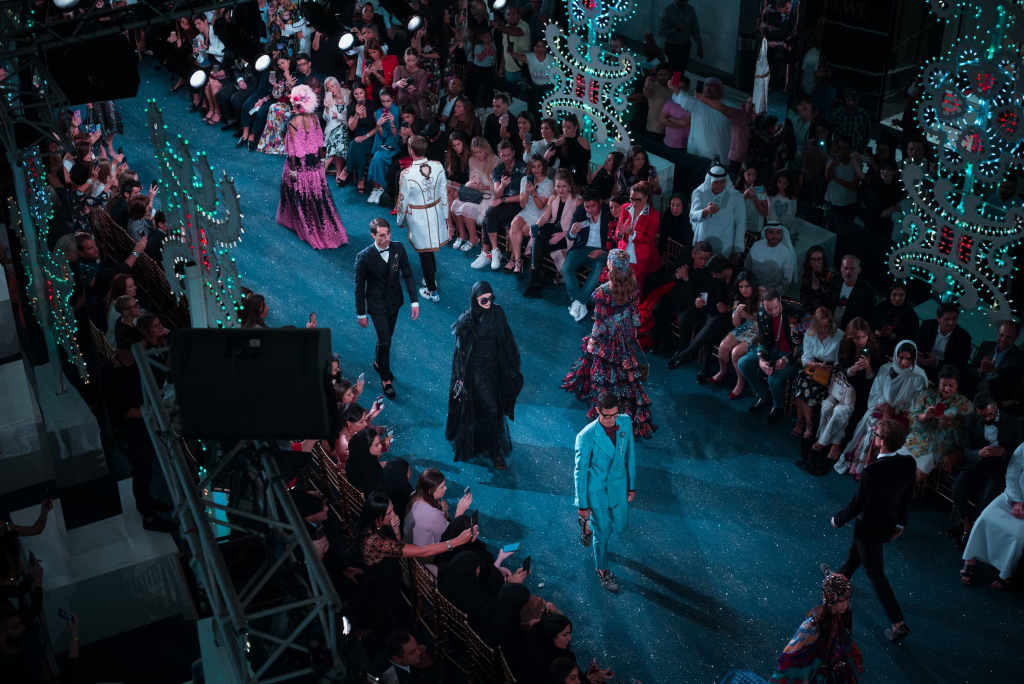
“Apparel” carries an inherent sense of sophistication, suggesting a level of discernment and taste in one’s choice of clothing. It’s the term reserved for those who appreciate the finer details of fashion. When you hear “apparel,” you’re entering the realm of the fashion industry. It’s the term that echoes in design studios, at fashion weeks, and in discussions about haute couture. Moreover, it’s the language of those deeply immersed in the world of style.
4. Outfit: A Complete Look
An “outfit” is more than just clothes—it’s a carefully curated ensemble. Actually, an outfit is a combination of various elements, carefully selected to achieve a particular aesthetic or style. It encompasses clothing, accessories, and even footwear, all chosen to create a cohesive and stylish look. Here are some key components that make up an outfit:
- Clothing: These are the main clothing items that make up an outfit. They include items like shirts, blouses, dresses, pants, skirts, jackets, and coats. Each garment contributes to the overall look and feel of the outfit.
- Accessories: Accessories play a crucial role in enhancing and complementing the outfit. They include items like jewelry (necklaces, earrings, bracelets, rings), scarves, belts, hats, gloves, and sunglasses. Accessories can add pops of color, texture, and visual interest to the ensemble.
- Footwear: Shoes are an integral part of an outfit and can significantly impact its overall vibe. They range from sneakers, flats, and boots to heels, sandals, and loafers. The choice of footwear can elevate or tone down the formality of the outfit.

An outfit is not just a random collection of clothes. It’s a carefully curated combination where each component complements and enhances the others. This coordination is achieved through a thoughtful selection of colors, patterns, and styles. Choosing an outfit is a form of self-expression. It reflects personal taste, cultural influences, and individual style preferences. Some people might prefer a classic and timeless look, while others may lean towards trendy and avant-garde styles.
5. Garment: Singular Elegance
When we use the term “garment,” we’re zooming in on a singular article of clothing, highlighting its individual characteristics. It is a single, distinct piece of clothing that can refer to items like a shirt, dress, pair of pants, skirt, jacket, or any other singular article of clothing. When we talk about a garment, we pay attention to its construction, material, and design.
The construction is crucial in determining the overall quality and durability of the clothing item. This includes details like seams, stitching, hems, and any additional features like buttons, zippers, or fasteners. Besides, the type of material a garment can range from natural fibers like cotton, silk, or wool, to synthetic materials such as polyester or nylon. The selection of material influences aspects such as comfort, breathability, and maintenance.
A garment’s design encompasses various aspects, including its cut, silhouette, and style. This includes considerations like necklines, sleeve lengths, waistlines, and overall fit. These design elements play a key role in determining how the garment looks and fits on the body.
6. Attire: Tailored to Occasion
“Attire” carries a touch of formality. It’s the term we use when referring to clothing suited for specific events, occasions, or dress codes. Attire is chosen with a particular event or occasion in mind. This could include attire for weddings, galas, black-tie events, job interviews, or other formal gatherings. The choice of attire is influenced by the expected level of formality and the nature of the event.

Additionally, attire is often associated with specific dress codes. For example, “black-tie attire” implies formal evening wear, while “business attire” suggests professional and office-appropriate clothing. Understanding dress codes is important to ensure one is appropriately dressed for a given situation.
7. Dress: Classic Elegance
“Dress” is a broad term that can refer to a wide range of clothing items, from casual to formal, for various occasions. It’s used to describe both everyday wear and special occasion attire. In its most common usage, a “dress” typically refers to a one-piece garment that covers the body from the shoulders down. This differs from separates like tops and bottoms, which are worn in combination.
PLAID LACE UP GOTHIC MINI DRESS
A dress is often associated with a sense of timeless elegance. It’s a classic piece of attire that can convey a sense of sophistication and grace, regardless of the specific style or design. Dresses come in an array of styles, including A-line, sheath, shift, ballgown, and many more. Moreover, some are designed with specific occasions in mind, such as cocktail dresses, evening gowns, wedding dresses, and casual sundresses. Each type of dress is tailored to suit the formality and purpose of the event.
8. Wardrobe: The Complete Collection
A wardrobe includes all types of clothing, from tops, bottoms, dresses, outerwear, and accessories like shoes, belts, scarves, and hats. It’s essentially a comprehensive inventory of your clothing possessions. Your wardrobe should cater to your lifestyle and day-to-day activities. This means having clothing that suits your profession, hobbies, and daily routines, ensuring you’re comfortable and appropriately dressed for all situations. For example, Alex is a graphic designer who works in a creative agency. His wardrobe includes a mix of trendy and stylish pieces, like statement jackets, unique accessories, and versatile sneakers. He wants to express his creativity through his clothing while still looking put-together for client meetings.
9. Costume: Theatrical Performances and Parties
A “costume” refers to a specific set of clothing or attire worn to represent a particular character, profession, or theme. Costumes are often associated with theatrical performances, festive events, parties, or special occasions where individuals adopt a different persona or identity. They can range from historically accurate attire to imaginative and fantastical outfits, depending on the context and purpose. Moreover, costumes play a significant role in storytelling, entertainment, and cultural celebrations, allowing individuals to temporarily step into a different role or era.
MEN’S GOTHIC MEDIEVAL HALLOWEEN COSTUME
For Halloween, for example, imagine transforming into a time-traveling adventurer! Picture donning a rugged, steampunk-inspired costume complete with a leather jacket, knee-high boots, and aviator goggles. Accessorize with a vintage map, an antique-looking compass, and a satchel for an authentic touch. This imaginative Halloween costume not only captures the essence of exploration but also brings the magic of time travel to life.
10. Raiment: Richness and Formality
“Raiment” is an archaic term that refers to clothing or garments, especially those considered as a form of attire. It carries a somewhat poetic or old-fashioned connotation and is often used in literature or formal contexts. For instance, you might encounter the term “royal raiment” to describe the elaborate and ornate clothing worn by royalty.
While “raiment” is not commonly used in everyday conversation today, it can add a touch of elegance and a sense of historical or literary flair when employed in writing or speech. It’s a word that evokes a sense of richness and formality in descriptions of attire.
Conclusion
In essence, each of these terms provides a different angle on what we wear. Whether we’re discussing our everyday wear or attire for a special occasion, our language allows us to capture the essence of our personal style.
Next time you’re describing your outfit or discussing fashion, consider the subtle distinctions between these terms. They offer a glimpse into the multifaceted world of clothing and the way we express ourselves through what we wear. Happy dressing!
Daisy
Daisy Wang is a talented and passionate writer known for her captivating storytelling and love for literature. With a diverse background and a bachelor's degree in English Literature, Daisy brings a unique perspective to her work. Her areas of expertise span various subjects, including history, fashion, and lifestyle. Through her words, Daisy aims to inspire curiosity, foster meaningful connections, and leave a lasting impact on readers.
Recent Posts
A Guide to How to Train Your Dragon Species
06/24/2025How to Style Baggy Jeans
06/17/2025Grunge Aesthetic: A Style Revolution
06/03/2025What Is Health Goth
05/27/2025Categories
Related Articles
How to Style Baggy Jeans
The fashion cycle spins, and once again, baggy jeans have claimed their...
ByAlicia06/17/2025Grunge Aesthetic: A Style Revolution
The world of fashion is a cyclical beast, constantly re-inventing and re-interpreting...
ByAlicia06/03/2025What Is Health Goth
In 2024, “Health Goth” which is hot in 2010s gets back from...
ByAlicia05/27/2025Pastel Goth Aesthetic: Where Darkness Turns Dreamy
Imagine lilac hair with skull barrettes, a frilly pink dress paired with...
ByAlicia05/20/2025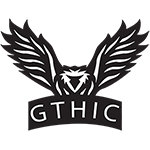





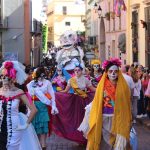


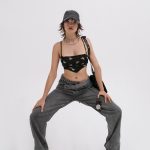

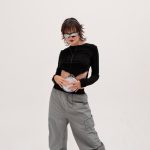
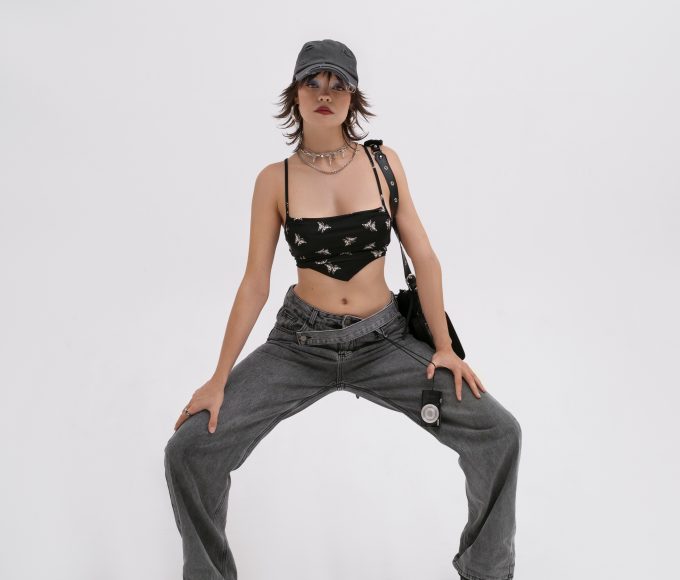
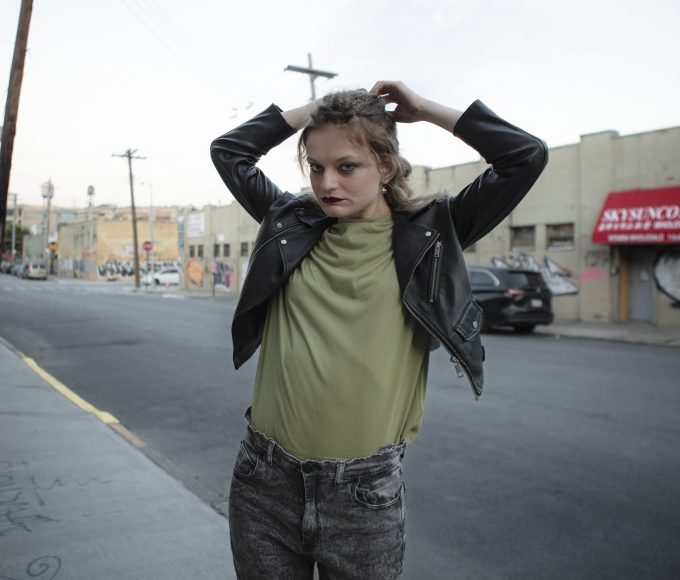
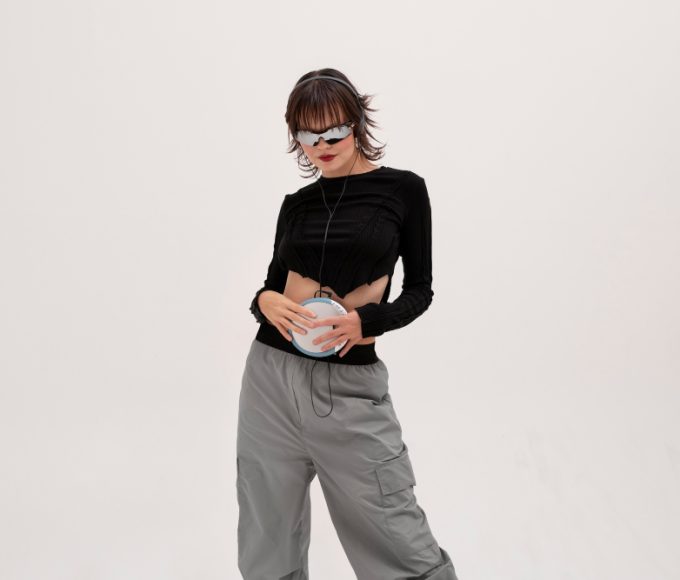
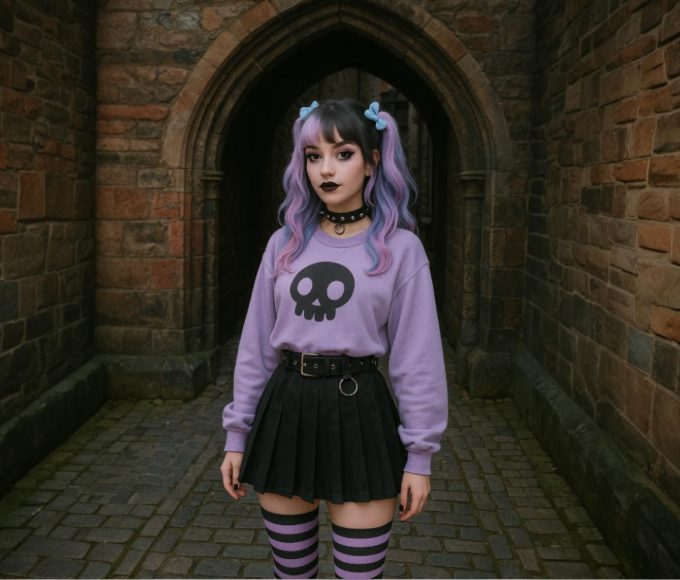
Leave a comment